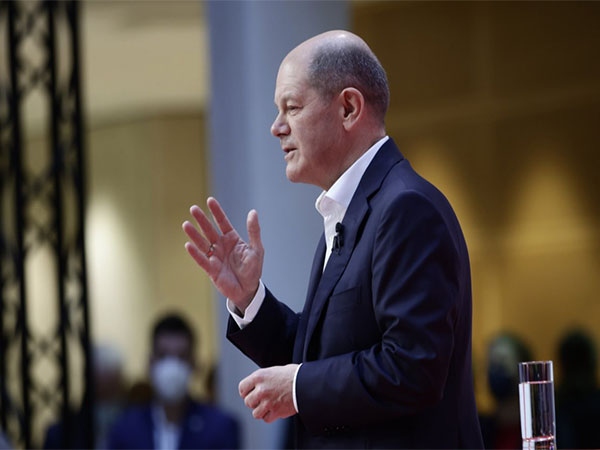Diplomatic Breakthrough: Scholz and Putin's First Dialogue in Years Amid Ukraine Crisis
German Chancellor Olaf Scholz and Russian President Vladimir Putin recently held their first dialogue in two years, addressing the ongoing Ukraine conflict. Scholz called for peace talks while condemning Russia's actions, as geopolitical tensions rise. The meeting signals potential shifts in international relations amid political changes in Germany and the U.S.

- Country:
- Germany
German Chancellor Olaf Scholz and Russian President Vladimir Putin engaged in their first conversation in nearly two years, an impactful diplomatic move amid the Ukraine conflict, as reported by Al Jazeera. With a snap election looming in Germany, Scholz pressed Putin for discussions with Ukraine aimed at securing a 'just and lasting peace.'
A German spokesperson relayed Scholz's assurances of ongoing support for Ukraine 'for as long as necessary,' condemnation of Russian attacks on Ukrainian infrastructure, and a caution against North Korean forces aiding Russia in Kursk, potentially worsening the conflict. Putin blamed NATO's 'aggressive' policies for the crisis, underscoring any agreement should consider Russia's security concerns and new territorial realities, according to Al Jazeera.
'Agreements must reflect the Russian Federation's security interests, address new territorial realities, and most crucially, resolve the conflict's root causes,' stated the Russian president. Putin mentioned the possibility of 'mutually beneficial cooperation,' particularly in energy trade with Germany, should Berlin align with this view.
Ukrainian President Volodymyr Zelenskyy expressed apprehension following the call, fearing it might weaken the global efforts to isolate Putin, calling it a 'pandora's box.' Zelenskyy warned it could trigger more conversations that might undermine Ukraine's stance: 'Now there may be other conversations, further calls, which is exactly what Putin desires to dilute his isolation.'
The call coincided with a pivotal moment for Ukraine, amid Russian progress in the east and impacts of Donald Trump's re-election in the U.S. that cast doubt on future American support. The call's timing hints at shifting political dynamics in both Germany and the U.S., as Trump's presidency may reshape U.S. policies on the war, while German domestic sentiment increasingly urges an end to Ukraine's military aid, according to Al Jazeera.
The dialogue occurred as Russia continued its gradual advances in eastern Ukraine, with airstrikes affecting both military positions and civilian sites, reported by ANI.
(With inputs from agencies.)
ALSO READ
Russia's Demands on Ukraine's NATO Exclusion
Stuart Young Calls Snap Election in Trinidad and Tobago
Rangers Under Fire: UEFA Charges Over Fans' Discriminatory Actions
NATO Allies Consider Withdrawal from Anti-Landmine Treaty Amid Russian Threat
Belfius Invests in NATO Defense: A New Era for European Military Spending










